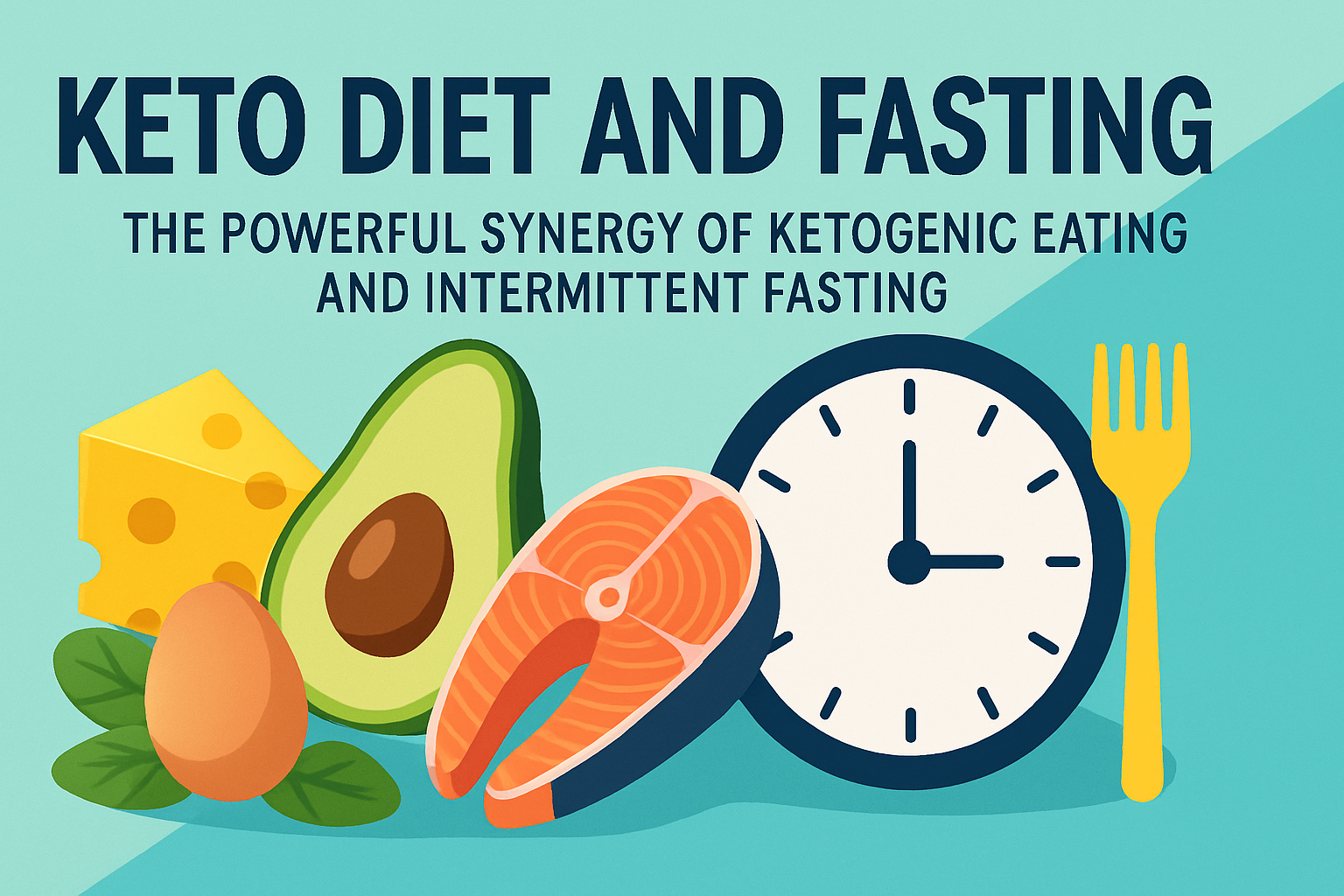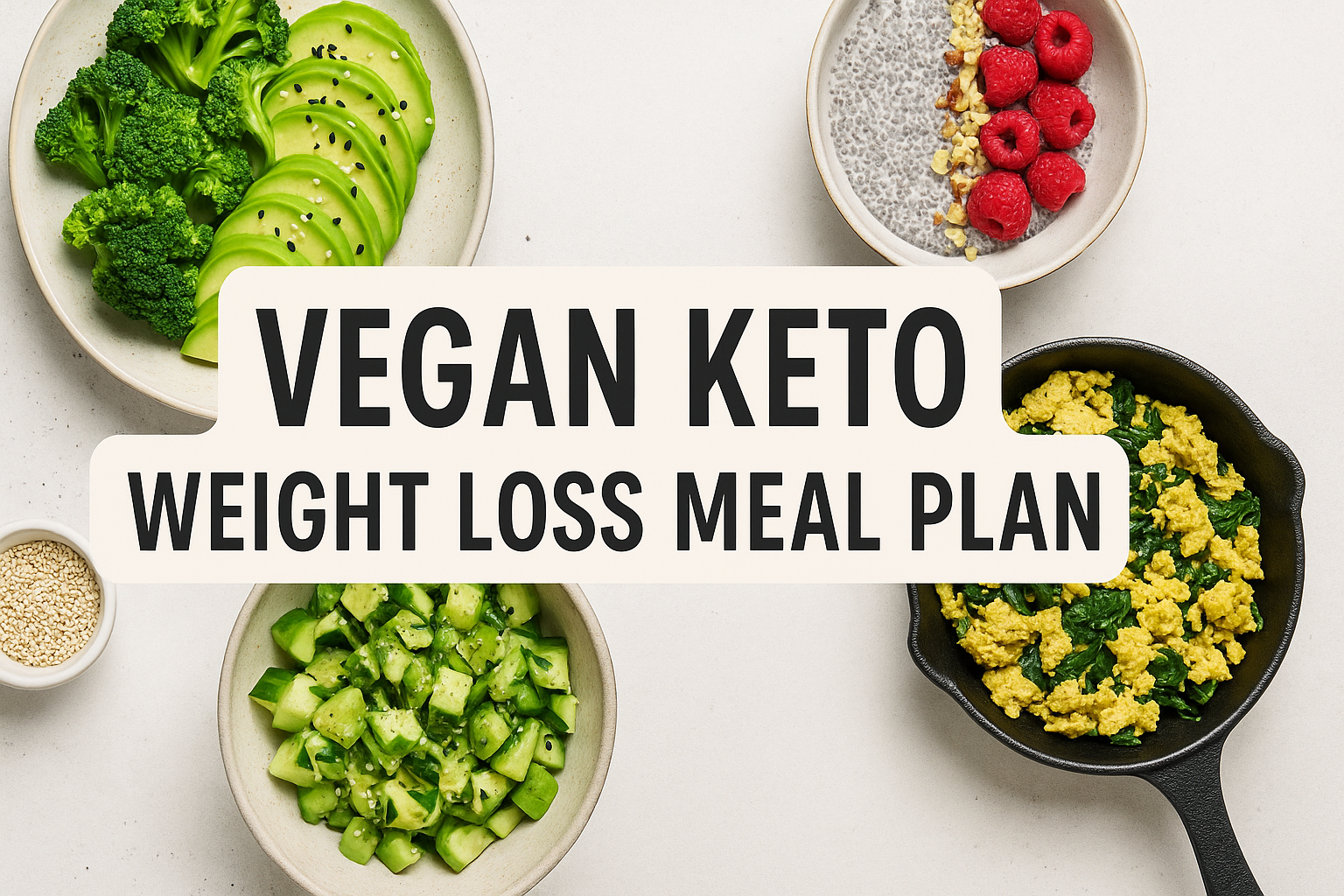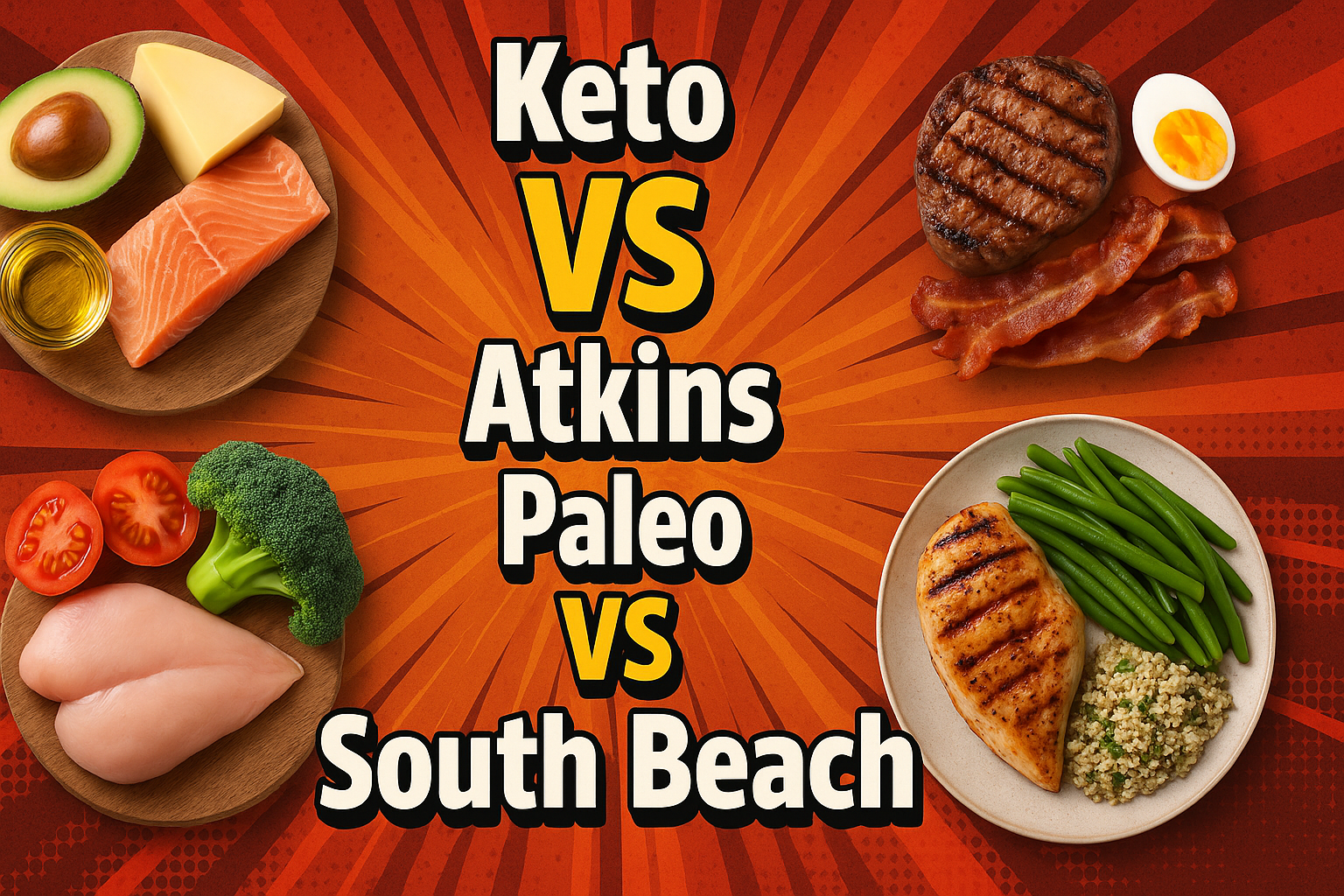Introduction to the Ketogenic Diet and Cancer
When most people hear “keto,” they think weight loss—but this powerful way of eating is making waves in unexpected places. Emerging research and real-life Ketogenic Diet Lung Cancer Success Stories reveal how this high-fat, low-carb approach may support traditional cancer therapies.
The ketogenic diet flips the script on metabolism. By drastically reducing carbs and increasing healthy fats, the body enters ketosis—a state where it burns fat for fuel instead of glucose. For cancer patients, this metabolic shift is particularly intriguing. Some studies suggest that cancer cells, which thrive on sugar, may struggle to adapt to a ketogenic environment. While more research is needed, the stories of patients experiencing improved energy, slower progression, and better quality of life are impossible to ignore.
One product that’s helped many on this journey is Perfect Keto Exogenous Ketones. These supplements support ketosis, especially during the challenging transition phase. Try Perfect Keto here and see if it works for you!
Important Note: This article is not medical advice. Always consult your oncology team before making dietary changes. (Disclosure: We may earn a small commission if you purchase through our links, at no extra cost to you. This supports our research to bring you more stories like these.)
From chemo patients reporting reduced fatigue to survivors crediting keto for their resilience, these narratives offer more than hope—they offer a potential roadmap. Let’s explore how real people are using ketosis as a weapon in their fight against lung cancer.
Could your next meal be part of your treatment plan? Keep reading to discover how the ketogenic diet is changing lives—one success story at a time.
Understanding Lung Cancer: Types and Treatments
Lung cancer is the second most common cancer worldwide. The two main types are small cell lung cancer (SCLC) and non-small cell lung cancer (NSCLC). Traditional treatments include chemotherapy, radiation, surgery, and immunotherapy. However, many patients seek dietary approaches like the ketogenic diet to support their body and improve outcomes.
Keto may help “starve” cancer cells of the glucose they rely on, potentially slowing tumor growth. While this theory is still under study, patient testimonials suggest promising experiences when keto is used alongside medical treatments. Many patients report improved resilience during chemotherapy and fewer inflammatory side effects.
How the Ketogenic Diet Works Against Cancer
Cancer cells are known for their high glucose consumption. By cutting off glucose and switching to ketones for energy, the body may inhibit cancer cell growth. Additionally, the anti-inflammatory nature of the keto diet may reduce symptoms and improve quality of life.
The mechanism is thought to work by reducing insulin spikes and glucose availability. This makes it harder for tumors to grow and spread. While not a standalone treatment, the keto diet’s metabolic effect offers a supportive foundation when combined with standard care. In practice, keto for cancer involves carefully choosing foods and often incorporating supplements to maintain nutritional balance. Key components include coconut oil, MCT oil, electrolyte support, and low-carb snacks that keep energy up without breaking ketosis.
Scientific Research Supporting Keto and Lung Cancer
While large-scale clinical trials are still underway, several studies and case reports support the potential of the ketogenic diet as a supportive therapy in lung cancer care. A 2020 study published in Frontiers in Nutrition found that the keto diet may improve the response to cancer treatments and reduce side effects like fatigue and muscle loss.
Moreover, preclinical studies have shown that the keto diet can reduce tumor size and slow progression in animal models. Patients and caregivers are increasingly hopeful as more research comes to light. Experts emphasize the importance of monitoring ketone levels and nutrient intake to ensure the diet is done safely and effectively.
Real Stories: Patients Who Fought Lung Cancer with Keto
Stories from survivors are the most inspiring part of this journey. Take, for instance, a woman in her late 60s diagnosed with stage III NSCLC. After researching alternatives, she adopted a strict keto diet with the guidance of her oncologist and a nutritionist. She experienced more stable energy levels, better sleep, and surprisingly, her tumors shrank after combining keto with immunotherapy.
Another man, 52, with SCLC started keto while undergoing chemotherapy. His recovery period shortened, and his blood markers improved. He shared how drinking exogenous ketones and staying hydrated with electrolytes made the biggest difference in helping him stay on track.
One common theme across all stories is the commitment to consistency and the importance of accessible, high-quality keto products.
Interviews with Survivors: Voices of Hope
Survivors who embraced keto often mention similar benefits: increased mental clarity, fewer cravings, and improved strength. Many of them emphasized the emotional uplift they felt from taking an active role in their healing journey.
One woman in remission shared how meal prepping with her family became a bonding ritual. Another said that drinking keto shakes helped her maintain muscle mass during radiation. Having convenient, tasty, and effective keto products made all the difference.
Doctors and Experts Weigh In
Several oncologists and nutritionists acknowledge the potential benefits of keto for cancer patients. Dr. Adrienne Scheck, a neuroscientist studying keto and cancer, has highlighted its anti-inflammatory and energy-regulating effects. Functional medicine doctors often integrate keto with supplementation and holistic care for optimal results.
Nutritional therapists have reported patients experiencing less nausea and fatigue when combining keto with cancer treatments. While more research is needed, clinical anecdotes are compelling and show a consistent pattern of improved well-being.
That said, it’s essential to consult with a healthcare provider before starting the diet, especially when dealing with a complex illness like lung cancer.
Challenges and Triumphs on the Keto Journey
Switching to keto isn’t always easy. Sugar withdrawal, meal planning, and social eating can be hurdles. But the triumphs — reduced side effects, better lab results, and emotional empowerment — make it worthwhile. Many patients use high-quality keto products to stay on track and get the nutrients they need.
Here are some highly rated keto-friendly products on Amazon that are favorites among those pursuing keto for cancer support:
Perfect Keto Base Exogenous Ketone Supplement
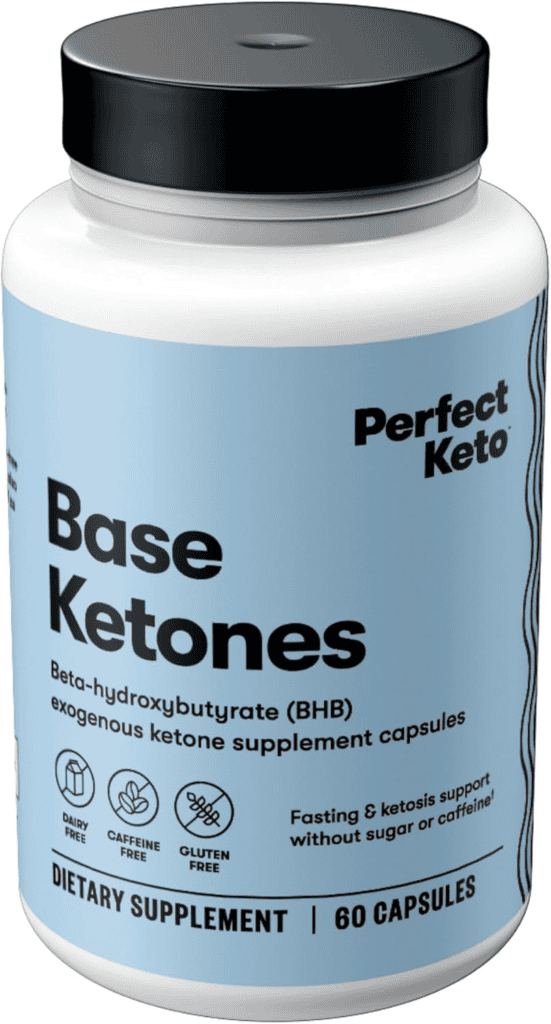
Buy now on Amazon!
Provides a quick energy boost and helps maintain ketosis, especially during the transition phase.
Keto Science Ketogenic Meal Shake
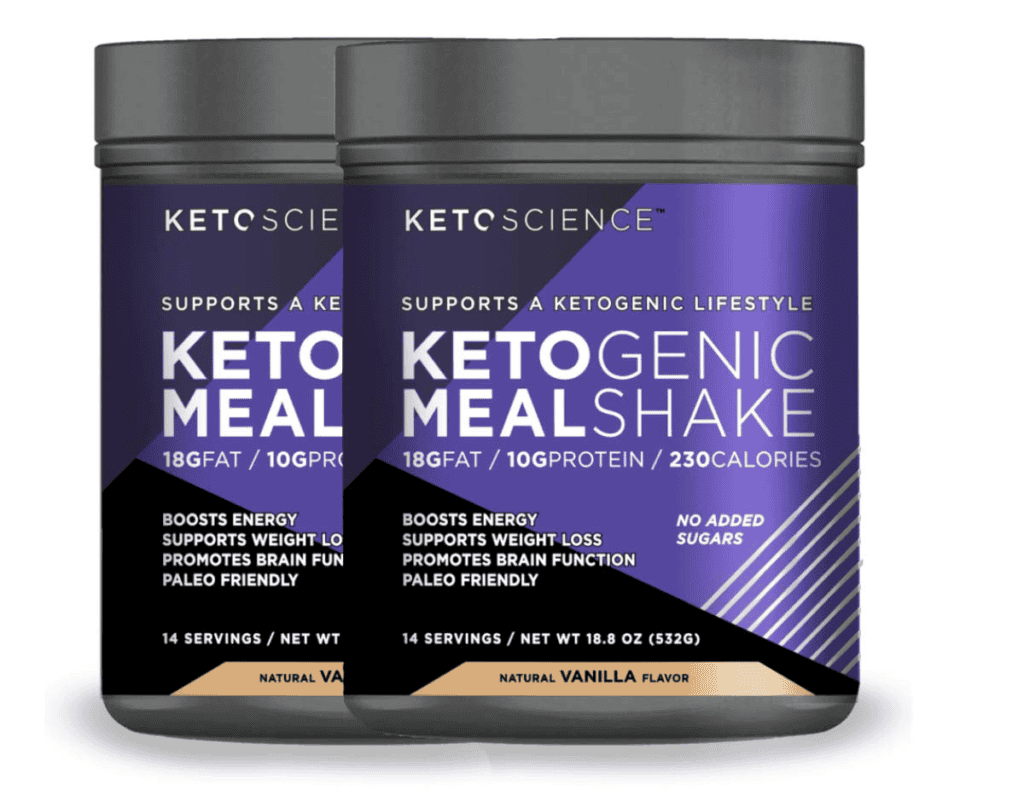
Check it out on Amazon.
A great meal replacement option for those with low appetite or energy.
Sports Research MCT Oil

Buy now on Amazon!
A clean energy source that blends easily into coffee or shakes.
KetoSens Blood Ketone Monitoring Starter Kit

Check it out on Amazon.
Helps monitor progress and stay within therapeutic ketosis levels.
Electrolyte Powder by Key Nutrients
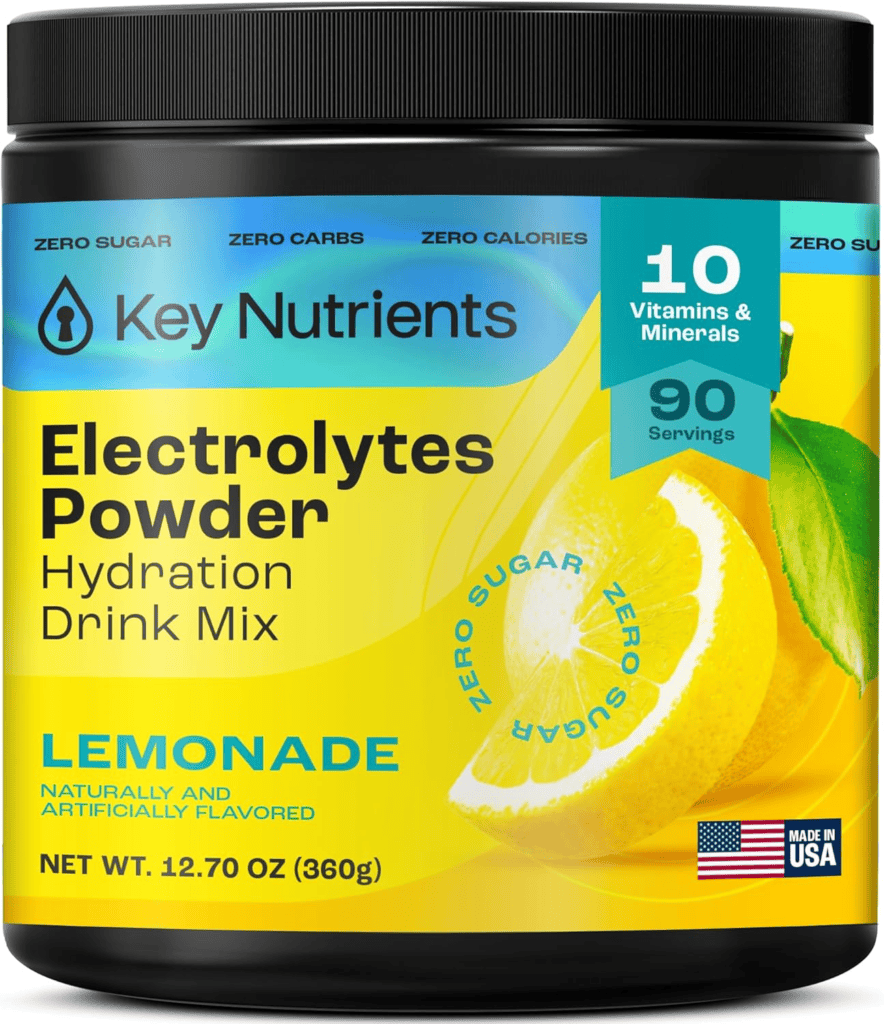
Buy now on Amazon!
Essential for maintaining hydration and energy on keto.
Read a full review of Key Nutrients Electrolytes Powder here.
Tip! Read a article of the best electrolyte powders here.
Keto Bars – Low Carb Snack Bars
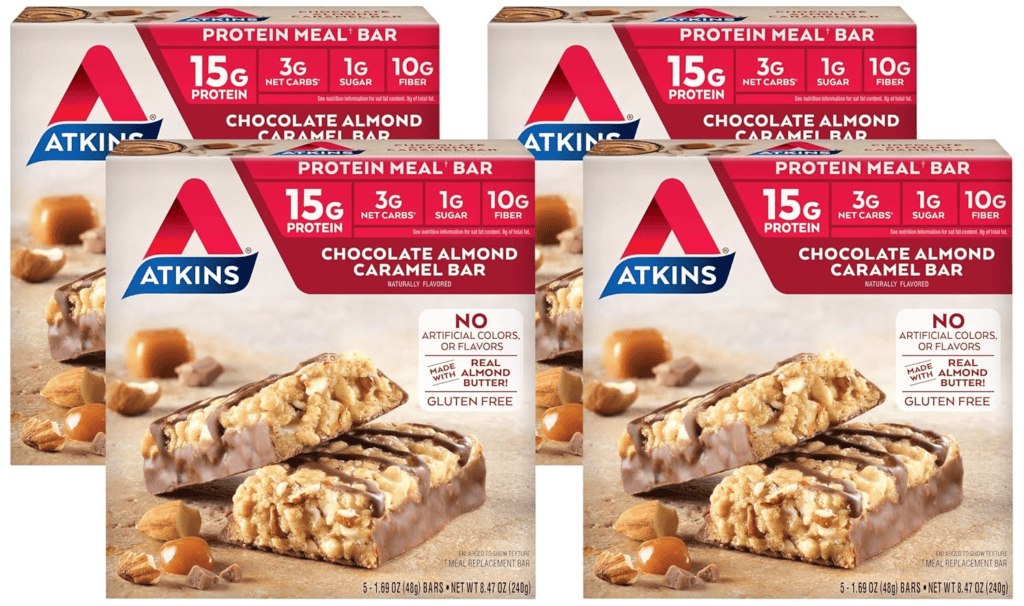
Check it out on Amazon.
Great on-the-go snack option that doesn’t spike blood sugar.
Nutiva Organic Virgin Coconut Oil

Buy now on Amazon!
A staple fat source in ketogenic cooking with natural antiviral properties.
Kegenix Prime D-BHB Keto Drink Mix
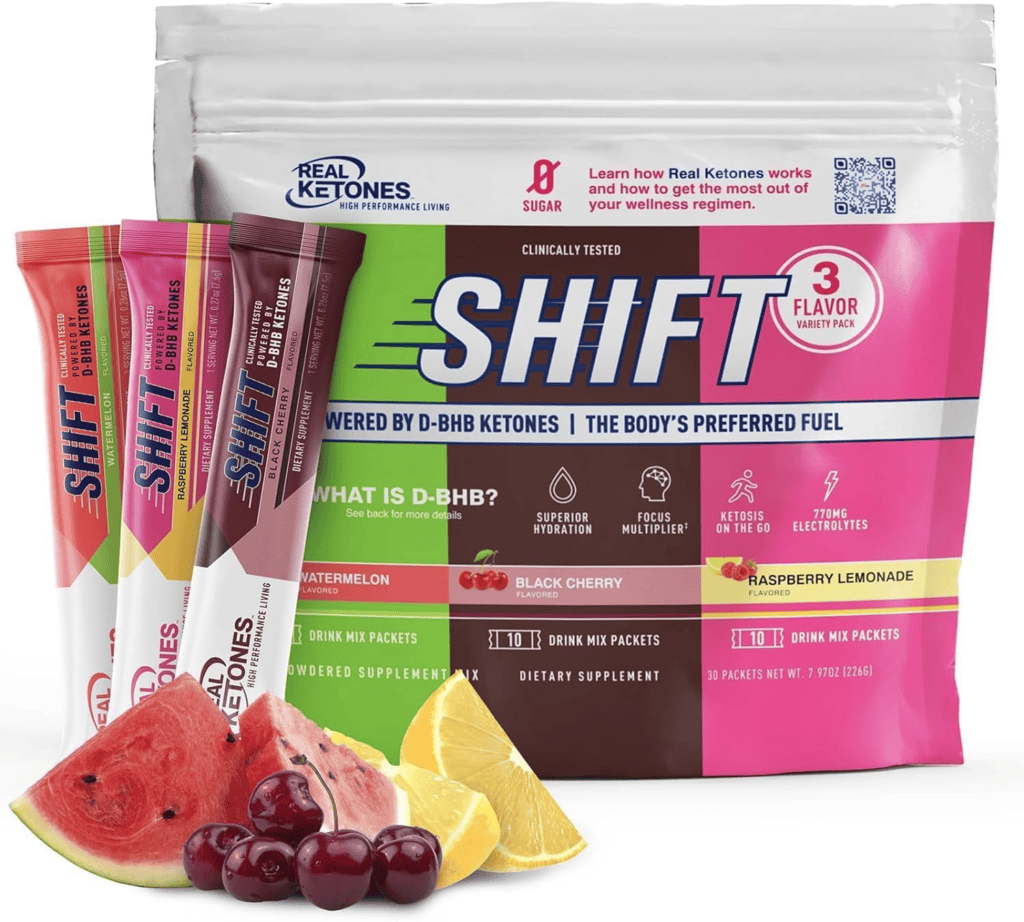
Check it out on Amazon.
A tasty ketone drink for energy, focus, and appetite control.
These products aren’t just for dieters — they’re part of a toolkit for patients and families taking back control of their health. They make it easier to stick with the diet, feel satisfied, and support the healing process.
Tips for Starting a Cancer-Focused Keto Lifestyle
Start slow and stay consistent. Begin with small swaps like reducing sugar and increasing healthy fats. Track ketone levels to see what works. Include your healthcare team and consider consulting a keto-savvy nutritionist.
Stock your kitchen with trusted products like those above, and prepare easy, comforting meals. Don’t forget hydration and electrolytes, especially during the initial adaptation phase. Support from family or a keto community can make a big difference too.
Keep a journal to log meals, energy levels, and mood. Reflecting on progress helps stay motivated. Meal prepping and using products like keto shakes or bars simplifies the process and keeps you nourished.
Looking Ahead: The Future of Keto in Cancer Therapy
As research expands, the future of the ketogenic diet in cancer care looks bright. More clinical trials, better understanding of metabolism, and advanced nutritional tools are on the horizon. For now, the stories of hope and healing continue to inspire.
If you or a loved one is exploring keto for lung cancer support, there are tools and resources available. Check out the recommended products, consult with your doctor, and consider taking the first step today.
Your journey to wellness could begin with something as simple as a keto meal or a supportive shake. Why wait to feel better? Buy now on Amazon! and take control of your healing journey with confidence and hope.
Conclusion
The ketogenic diet offers more than just physical benefits — it represents empowerment, control, and hope during one of life’s most difficult battles. For many facing lung cancer, keto has provided enhanced energy, reduced side effects, and even positive shifts in treatment response.
While every person’s experience is unique, the growing body of research, expert support, and personal success stories make a compelling case for considering keto as a complementary tool. With the right guidance and quality resources, it can be a life-affirming path.
Explore the tools that can support your journey. Lean into the community, trust the process, and don’t hesitate to try highly rated products that can make the transition smoother. Your health is worth the investment — and the next success story could be yours.
Affiliate Disclaimer: This post may contain affiliate links, which means I may earn a small commission if you purchase through these links (at no extra cost to you). I only recommend products I genuinely believe in and have personally used or thoroughly researched. Your support helps keep this content free. Thank you!

